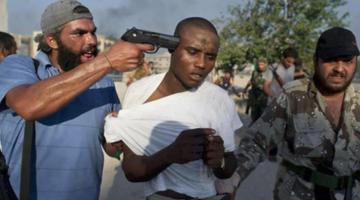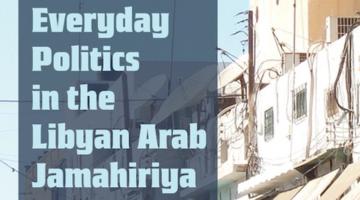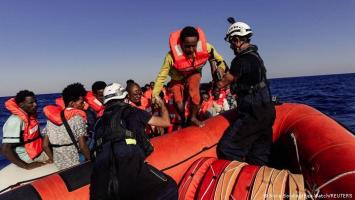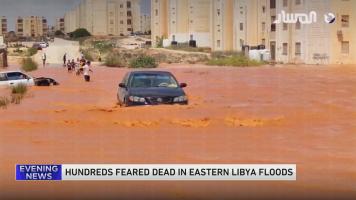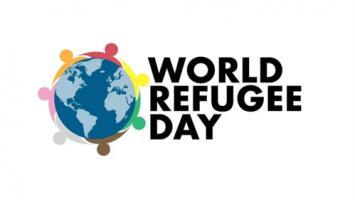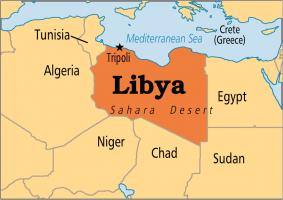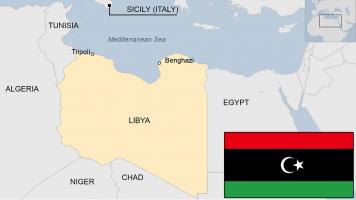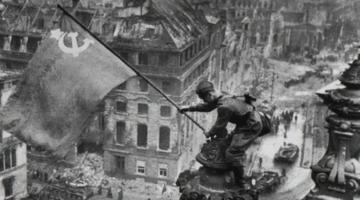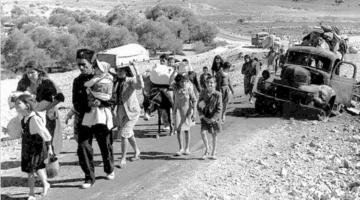Related Stories
Essam Elkorghli
13 March 2024
Anti-Black racism in Libya is stoked by the west to justify intervention and maintain dominance over the nation.
Essam Elkorghli
21 February 2024
Essam Elkorghli reviews the book, Everyday Politics in the Libyan Arab Jamahiriya by Matteo Capasso, which discusses the history and p
Margaret Kimberley, BAR Executive Editor and Senior Columnist
20 September 2023
Barack Obama devastated millions of people all over the world and speaks of his actions as if they were committed by someone else.
Essam Elkorghli
20 September 2023
The U.S./NATO destruction of the Libyan state in 2011 was followed unilateral coercive measures, sanctions, which rendered that nation unable t
Essam Elkorghli
06 September 2023
There are Arab governments going along with the U.S. push to normalize relations with Israel.
Abayomi Azikiwe
28 June 2023
The recent drownings of 500 refugees in the Mediterranean call attention to the displacement of millions of people as a result of imperialist a
Essam Elkorghli
31 May 2023
Libya exemplifies the terrorism inflicted upon African nations by US/NATO imperialism.
Black Alliance for Peace US Out of Africa Network
26 April 2023
The impact of the U.S./NATO destruction of the Libyan state is still being felt.
Mark P. Fancher
01 February 2023
The CIA director recently visited Libya, a state that was destroyed by the U.S.
Vijay Prashad
31 May 2022
NATO is not the defensive alliance of north Atlantic nations that it claims to be.
More Stories
- Black Agenda Radio with Margaret Kimberley09 May 2025In this week’s segment, we discuss the 80th anniversary of victory in Europe in World War II, and the disinformation that centers on the U.S.'s role and dismisses the pivotal Soviet role in that…
- Black Agenda Radio with Margaret Kimberley09 May 2025Roger McKenzie is the international editor of the UK-based Morning Star, the only English-language socialist daily newspaper in the world. He joins us from Oxford to discuss his new book, “The…
- Black Agenda Radio with Margaret Kimberley09 May 2025The late Bruce Dixon was a co-founder and managing editor of Black Agenda Report. In 2018, he provided this commentary entitled, "US Fake History of World War II Underlies Permanent Bipartisan…
- Black Agenda Radio with Margaret Kimberley09 May 2025Nadiah Alyafai is a member of the US Palestinian Community Network chapter in Chicago and she joins us to discuss why the public must be aware of the Nakba and the continuity of Palestinian…
- Margaret Kimberley, BAR Executive Editor and Senior Columnist07 May 2025Black people who are among the rich and famous garner praise and love, and so do those who are in distress. But concerns for the masses of people and their struggles are often missing.

